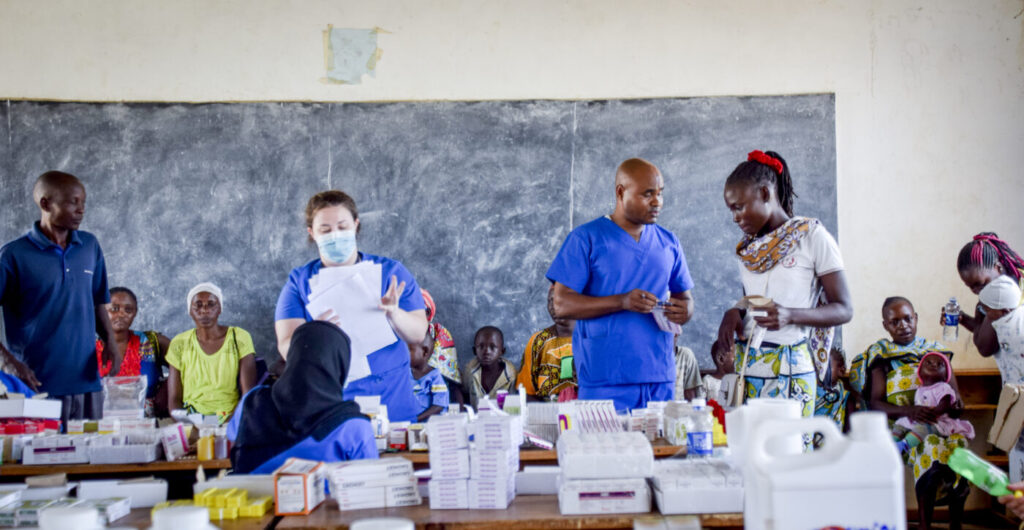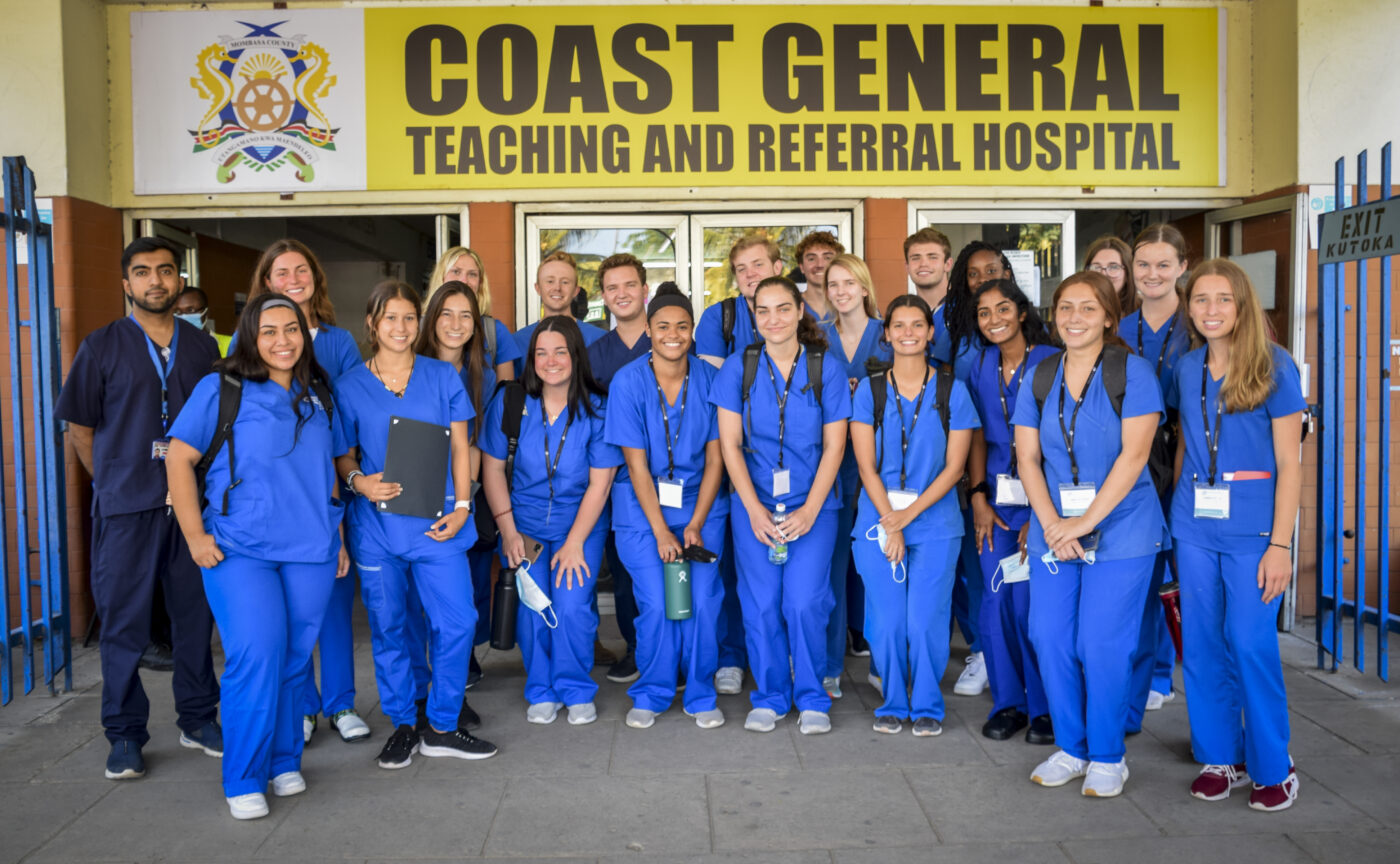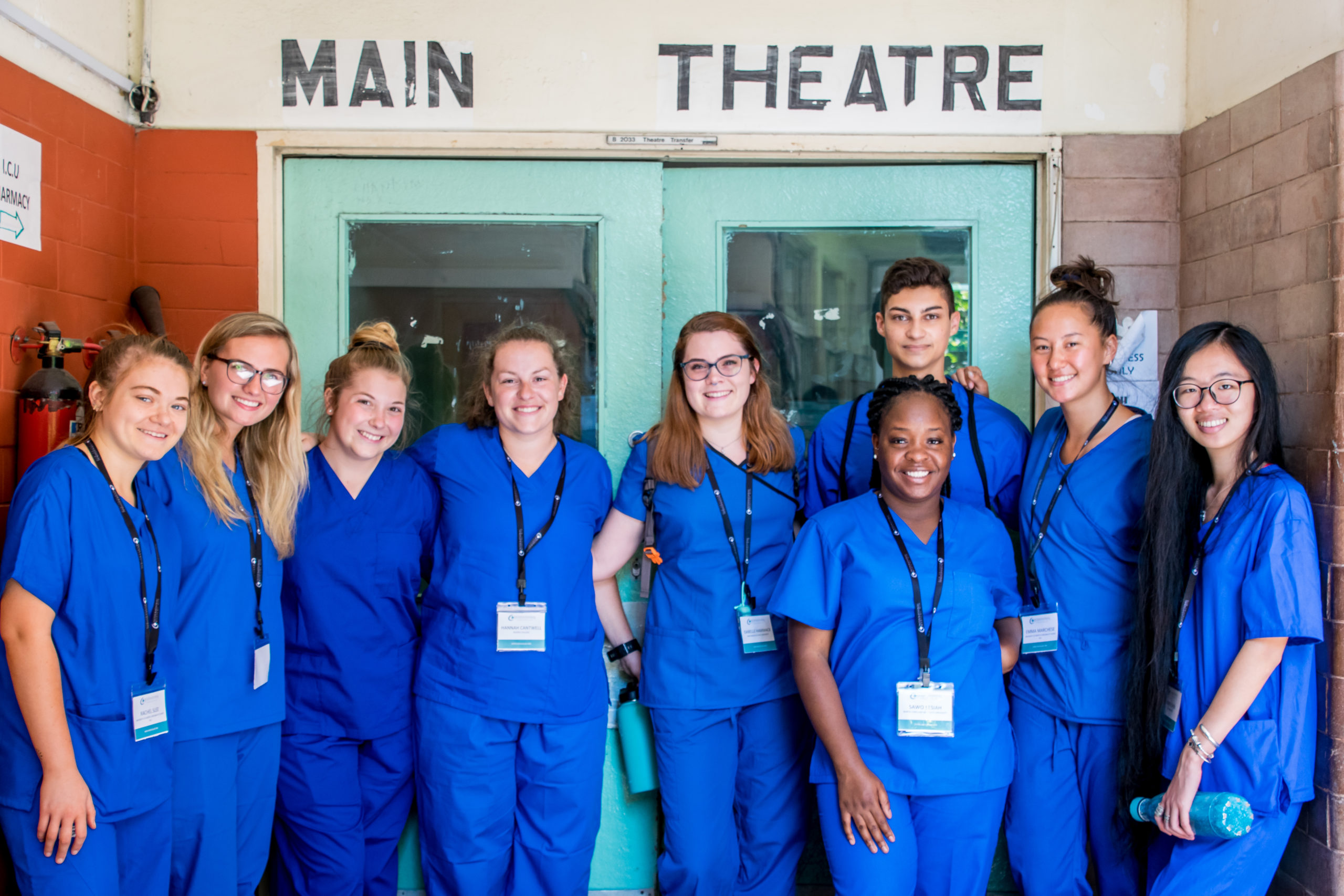Thousands of students vie for a spot in summer pre-med internship programmes every year. The opportunity to work under and alongside veteran doctors allows students to develop both their knowledge and skills in their chosen medical field. However, not everyone makes the cut due partly to a lacklustre application they could have reviewed beforehand.
Getting a pre-med internship in a hospital, clinic, or laboratory you’re interested in needs more than a stellar grade point average (GPA) or Medical College Admission Test (MCAT) score. It sometimes requires prior medical-related experience or any transferable skills you could apply to the job. Recruiters usually prefer applicants with leadership skills, a strong work ethic and a willingness to work with a team.
You can highlight any important information in your pre-medical internship application to make it stand out from the rest. This article discusses how you can do that.
Narrowing Down Your Goals
Before you begin to write your pre-med internship application, you first need an understanding of your main goals. What specific healthcare field do you want to gain more exposure to? What role do you want to take on after graduating from medical school? These are just two questions you can ask yourself.
If you’re unsure of what intern job best fits you, try searching for ‘internships for pre-med students’ to get an idea of what you can do. Some pre-med intern roles that might be available are as follows:
- Clinical Intern
- Laboratory Assistant
- Medical Scribe
- Research Intern
These suggestions shouldn’t necessarily be your final choice, but you can use them as a guide to lead you in the right direction. In the same vein, you may also do a general search for summer shadowing programs or other similar pre-medical internships. You might find IMA internships offered by companies or non-profit organizations specializing in public health. By narrowing down your goals as a pre-med student, creating your internship application will become a much smoother process.
Making a Cover Letter
Much like applying for other jobs, pre-medicine internships may also require you to have a cover letter for your application. This portion helps recruiters filter through the many applications they might receive for their limited slots.
The cover letter serves as your introduction and a summary of your professional background. It will be the first thing employers and recruiters will see from your application, so you’ll need to add vital information about your desired pre-med internship role. Include here not only your skills and experience but also the description of the job you’re applying for. If you’ve done similar responsibilities in the past, include those, too.
Researching about your employer also gives you an advantage when you write your cover letter. Doing this step lets recruiters know that you took the time to get to know them, their goals, and their projects, if any. You may even match their recent research projects to your corresponding knowledge to show compatibility between your skill set and the employer’s needs. Mention and reference your findings in your cover letter to pique their interests.
Strong pre-med internship cover letters paired with a polished curriculum vitae (CV) catch recruiters’ attention. And this may land you an internship spot in their team.

Adding Related Experience and Skills
Your cover letter only includes the summary of your application, not the bulk of it and its finer details. Medical experience may not be required for some pre-med internship programs, but it can help get you a spot. Make sure to add all related experience to your CV. If you’ve experienced job shadowing, you may include this detailed information for better results.
Many competitive applicants often gain medical experience before becoming pre-med interns. But not everyone has the time to balance academics with job shadowing. The good news is that several pre-medical internship programmes accept alternative clinical experiences, too. Here are a few examples of clinical experiences that don’t require shadowing a physician, which pre-med intern hopefuls can take:
- Caretaker
- Certified Nursing Assistant
- Hospice Volunteer
- Hospital Scribe
- Volunteer Emergency Medical Technician (EMT)
Including service or volunteer work is also essential in your pre-med internship application. The medical field usually requires altruism and empathy, and recruiters can see that from you through any volunteer experience you may have had. It also doesn’t have to be related to medicine. Acts such as community service, charity work, and mentorship programs expose pre-med students to the service-oriented nature of medical professionals, which is needed for their internship.
Always remember to ensure your CV is up to date and complete. Candidates with well-prepared applications have a high possibility of being called back for an interview.
More Tips for a Standout Application
Landing a spot in your preferred pre-med internship program requires you to begin your search early. If you’re currently job shadowing or doing volunteer work, start building networks among your peers. Gaining connections will push you towards your desired medical area of expertise and possibly more internship options for you to choose from.
Tailor your application by adding the appropriate experiences that match the roles you’re vying for. Employers may consider you if you fit the jobs they’ve posted for pre-med internships.
As you’re still a pre-med student, don’t hesitate to ask for help and guidance from your mentors. They’ve gone through the same process and will gladly assist you along the way while giving you sound advice, too.
Lastly, practice getting interviewed. Ask friends, family, or school mentors to prepare mock interviews to hone your skills. You’ll need the confidence to speak once recruiters accept your application.
Conclusion
Pre-med internship programmes are an excellent way to garner experience before you head into the field of medicine. The first step to embarking on a good internship is to ensure your application is concise enough to highlight all your skills and knowledge necessary to become a medical professional in the future.










